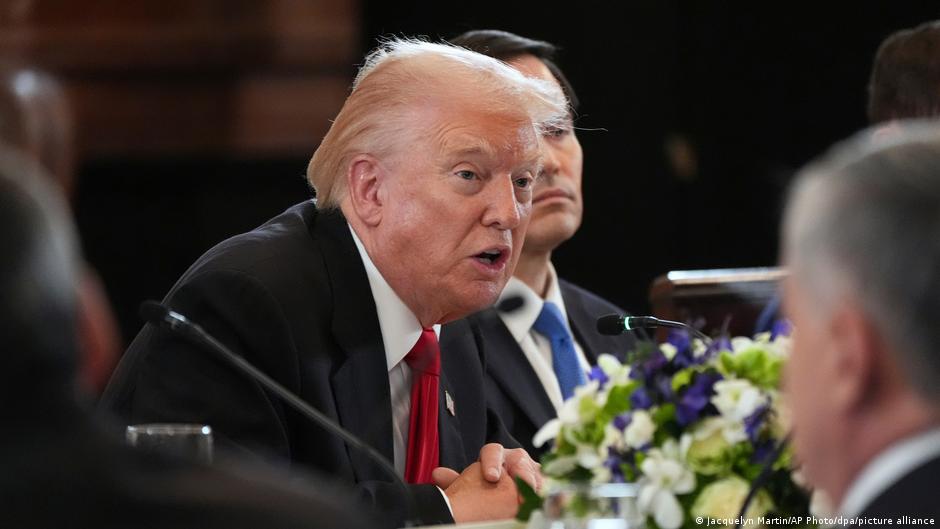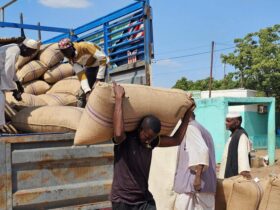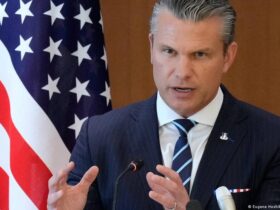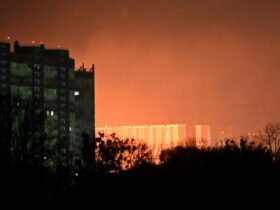President Donald Trump hosted the leaders of five Central Asian countries for the first time on Thursday as the United States seeks to gain influence in the region closer to both Russia and China.
Trump called Central Asia an “extremely prosperous region,” emphasizing that he wanted to strengthen U.S. partnerships with the five landlocked countries – Kazakhstan, Kyrgyzstan, Tajikistan, Turkmenistan and Uzbekistan.
“One of the major items on our agenda is critical minerals,” Trump said at the so-called “C5+1” meeting. Launched in 2015, the C5+1 platform serves as the primary forum through which the US collectively engages with Central Asian countries.
Central Asia’s vast but still largely untapped mineral wealth – including uranium, copper, gold and rare earths – is attracting global attention amid growing competition for critical minerals as the West moves to diversify supply chains away from Moscow and Beijing.
Central Asian leaders praised Trump
This meeting with Trump is coming a few months after the five leaders held separate summits with Russia’s Vladimir Putin and China’s Xi Jinping.
The five countries that gained independence from the Soviet Union in 1991 have formed a united front in Washington.
Kazakhstan’s President Kassym-Jomart Tokayev described the talks as “the beginning of a new era of interaction between the United States and Central Asia.”
Astana also took the symbolic step of becoming the first country to join the Abraham Accords after the United Arab Emirates, Bahrain, Morocco and Sudan signed it in 2020 to normalize ties with Israel.
Meanwhile, Uzbek President Shavkat Mirziyoyev lashed out at Trump.
He said, “No president of the United States has ever treated Central Asia the way you have.” “In Uzbekistan, we call you the president of the world.”
Later that evening, Trump announced “an incredible trade and economic deal” with Uzbekistan on Truth Social. He said Tashkent planned to invest more than $100 billion over the next decade in key US sectors, including critical minerals and aviation.
Washington and other Central Asian countries were also expected to sign agreements for cooperation on critical minerals.
Edited by: Kieran Burke






Leave a Reply